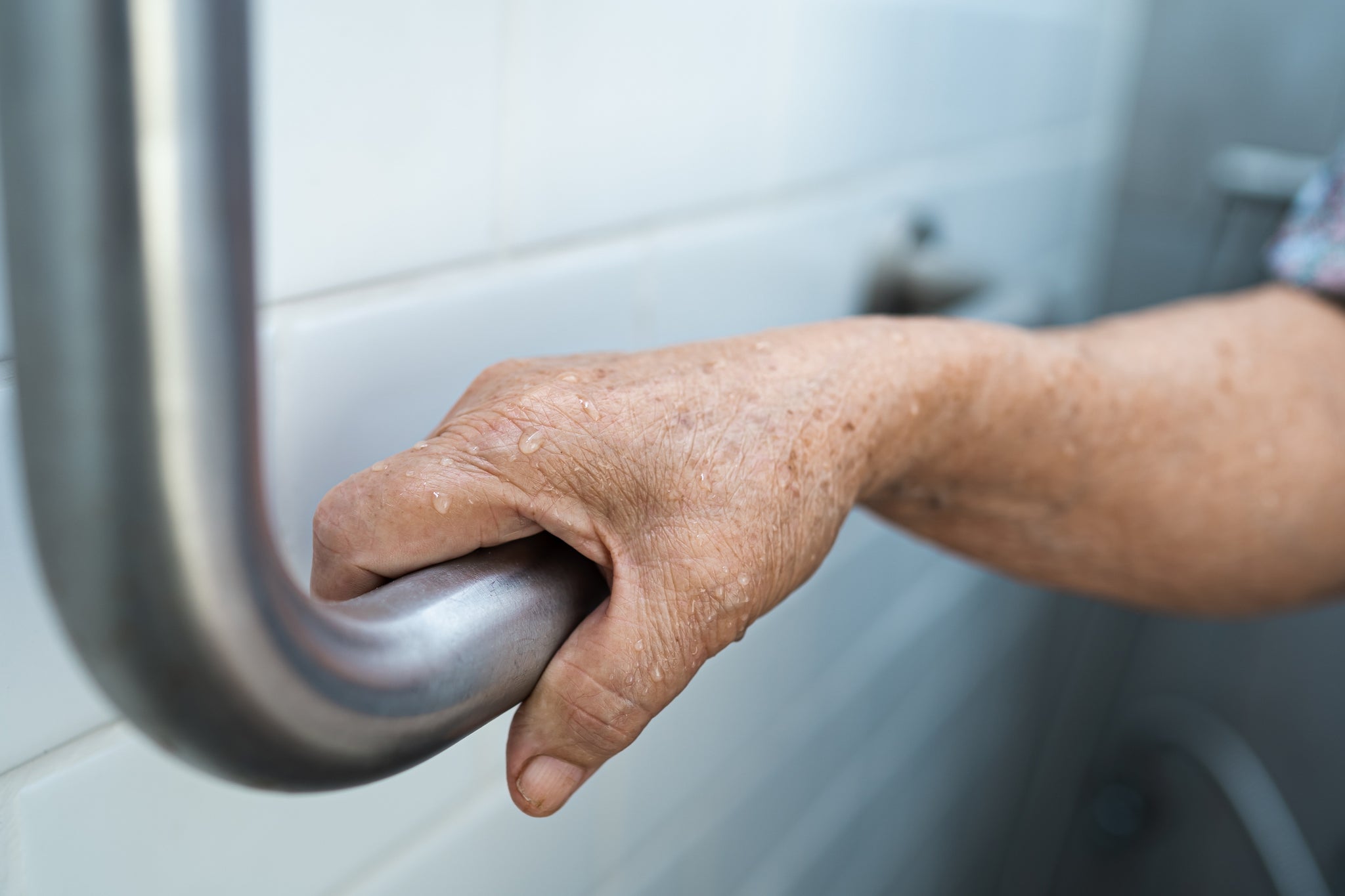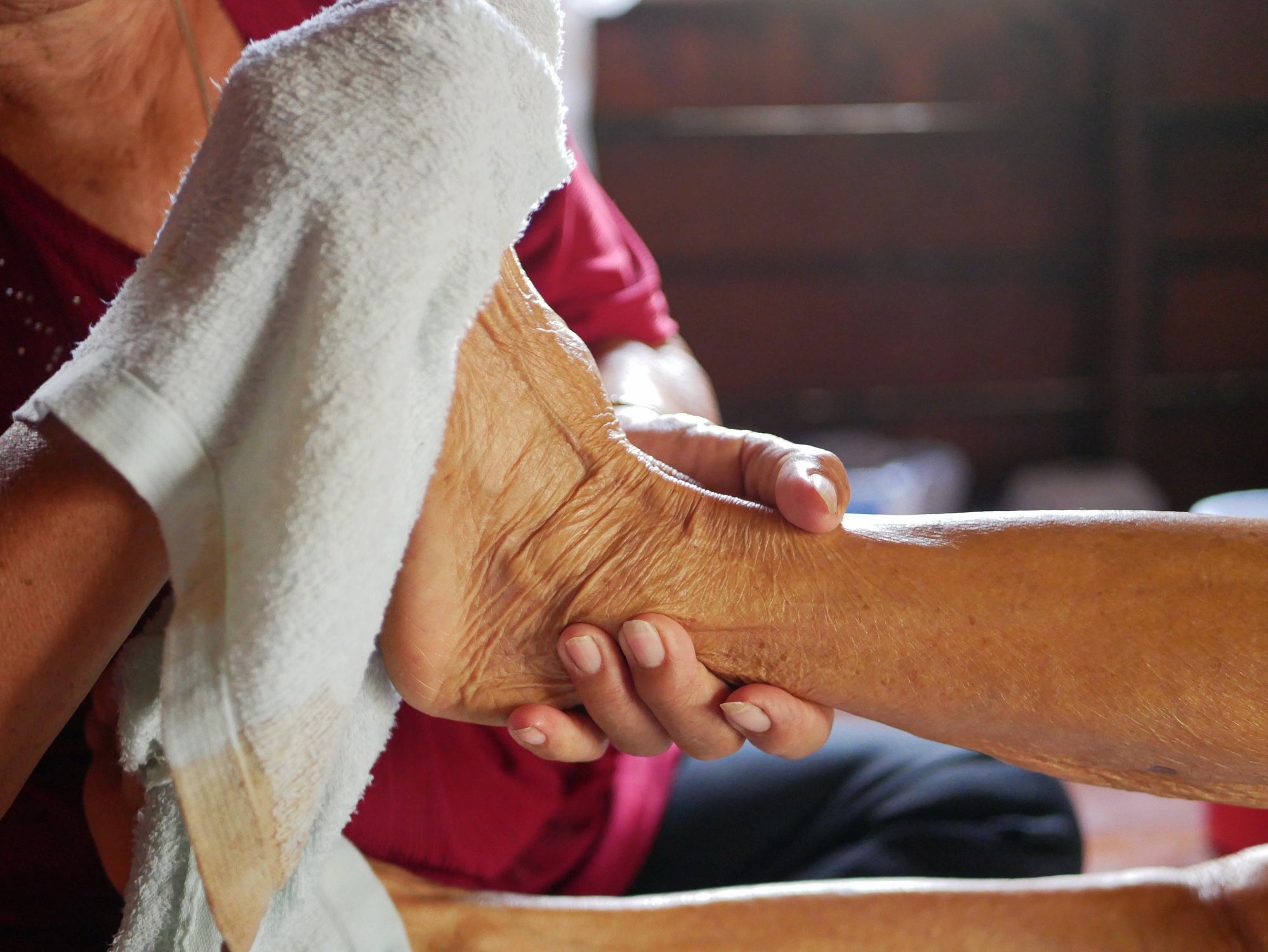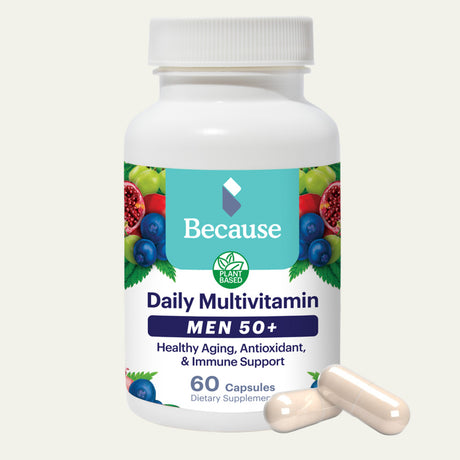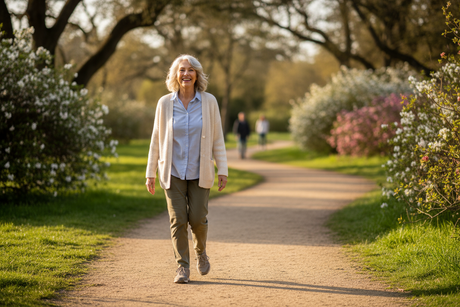Caring for elderly parents is a profound expression of love and respect, embodying the cycle of care that characterizes human relationships. As our parents age, their needs become more complex, encompassing physical, emotional, and social dimensions. This article offers a comprehensive guide to navigating the challenging yet rewarding journey of providing compassionate care as adult children for elderly parents.

10 Insightful Tips on Taking Care of Elderly Parents
Assessing Their Needs
The first step in providing effective care is to assess the specific needs of your elderly parents. This involves evaluating their physical health, cognitive abilities, and emotional well-being. According to a systematic review of chronic disease management interventions, regular assessments can help identify health issues early, allowing for timely intervention and better management of chronic conditions.
Comprehensive assessment goes beyond merely identifying health issues; it involves understanding the full spectrum of an elderly person's needs, including emotional, social, and environmental factors. Utilize tools such as the Comprehensive Geriatric Assessment (CGA), which evaluates medical conditions, mental health, functional capability, and social circumstances. Regular assessments can lead to personalized care plans that adapt over time as needs evolve.
Establishing Open Communication
Open and honest communication forms the backbone of effective caregiving. It's essential to discuss your parents' preferences, fears, and expectations. One study emphasizes the importance of involving elderly individuals in decisions about their care to enhance their sense of autonomy and satisfaction.
Effective communication is about creating a space where your elderly parents feel comfortable expressing their needs and concerns without fear of judgment. Employ active listening techniques, such as paraphrasing their words and asking open-ended questions. Remember, it's not just about discussing health and care needs; it's also about sharing feelings, memories, and building a deeper connection.

Creating a Safe and Accessible Living Space
Modifying your home to ensure safety and accessibility can significantly improve the quality of life for elderly individuals. The Centers for Disease Control and Prevention (CDC) suggests that simple modifications, such as installing grab bars in bathrooms and ensuring adequate lighting, can reduce the risk of falls, a leading cause of injury among the elderly.
Evaluate the home environment using a checklist that focuses on reducing hazards and improving accessibility. Consider wider doorways for wheelchair access, non-slip floors to prevent falls, and adaptive technologies like stairlifts or walk-in tubs. Technology can also play a role, with medical alert systems and home monitoring devices providing peace of mind for both you and your parents.
Balancing Independence and Assistance
Maintaining a delicate balance between providing assistance and respecting the independence of elderly parents is crucial. A study on how a sense of control and wellbeing impacts older adults found that promoting autonomy in daily activities can lead to better health outcomes and increased life satisfaction among older adults.
Encourage activities that your parents can safely do on their own or with minimal help, tailored to their abilities. This could include modified cooking, gardening, or exercise routines. Independence can be fostered through the use of assistive devices like walking aids, adapted utensils, and voice-activated home systems, enabling elderly individuals to perform tasks more easily and safely.
Building a Support Network
Creating a robust support network of family, friends, and healthcare professionals can alleviate the burdens of caregiving. The AARP highlights the importance of community resources, such as local senior centers and support groups, in providing both practical assistance and emotional support.
Expand your support network beyond immediate family and friends to include neighbors, community members, and professional caregivers. Utilize online platforms and community bulletin boards to connect with local caregiver support groups. Professional services, such as home health aides, meal delivery, and transportation services, can supplement family member care and provide necessary respite.
Managing Medications and Healthcare
Effective management of medications and healthcare is critical for elderly individuals, who often have multiple health conditions requiring complex treatment regimens. The Institute for Safe Medication Practices recommends the use of medication management systems and regular consultations with healthcare providers to prevent adverse drug events.
Implement a system for tracking medication schedules, such as pill organizers or digital reminders. Regularly review medications with a pharmacist or geriatrician to avoid polypharmacy risks. Coordinate with healthcare providers to establish a consistent care plan at home, ensuring all medical professionals involved in your parent's care are informed about their current condition and treatments.

Keeping Them Clean and Comfortable
Caring for the physical needs of elderly parents, especially those who may struggle with mobility or cognitive issues, requires both sensitivity and practicality. When it comes to personal hygiene, such as washing or managing incontinence, it's essential to approach the task with respect and patience, ensuring their comfort and dignity remain intact. Use gentle, fragrance-free cleansers, and warm water, and maintain a soothing dialogue to keep them at ease.
For incontinence, invest in high-quality absorbent products and skin protectants to prevent irritation. Regularly changing these products and promptly cleaning any accidents can help maintain their skin integrity and comfort. It is not uncommon for older adults to struggle with bedwetting as well. Whether they struggle with mobility which causes difficulty for them to get out of bed in time (also known as functional incontinence), or they struggle with another type of incontinence, you may find yourself looking for solutions to nocturnal incontinence (also known as nocturia). For a caregiver’s guide to elderly bedwetting, click here.
Encouraging proper nutrition and hydration is equally crucial. Create a pleasant dining environment, free from distractions, and serve nutrient-dense meals that cater to their taste preferences and dietary needs. For hydration, offer water regularly, flavored with fruits or herbal teas if preferred, and use clear reminders or cues to encourage regular sips throughout the day. These practices not only attend to the physical well-being of your elderly parents but also promote their dignity and quality of life.
Addressing Loneliness and Isolation
Loneliness and social isolation can have serious health implications for seniors. According to the National Council on Aging, social isolation leads to increased risks of mortality, mental health issues, and cognitive decline. Encouraging social interaction and engagement in community activities can mitigate these risks.
Foster connections by encouraging participation in senior centers, hobby groups, or volunteering opportunities. Digital literacy programs can help seniors use technology to stay in touch with family members and friends, participate in virtual events, or explore new interests online. Regular visits, whether in person or via video calls, can significantly brighten their day and combat feelings of isolation.
Respecting Their Dignity and Choices
Respecting the dignity and personal choices of elderly parents is fundamental to compassionate care. Your parents may not have expected to have needed to be cared for by their children, even adult children. This includes acknowledging their preferences in daily routines, healthcare decisions, and end-of-life planning. The National Health Services in England stresses the importance of dignity in aging, advocating for policies and practices that uphold the rights and preferences of older persons.
Involve your parents in every decision that affects their life, from daily routines to healthcare choices. This respect for autonomy should extend to discussions about end-of-life care, ensuring their wishes are documented and honored. Tools like advance directives and living wills can facilitate these conversations, ensuring their preferences are clearly stated and legally recognized.

Planning for the Future
Advance planning for healthcare, financial management, and legal matters is essential to ensure the well-being of elderly parents. The National Council on Aging advises families to discuss and document plans for future care preferences, estate management, and other legal considerations.
Engage in detailed planning that covers financial, healthcare, and living arrangements. Financial planning may involve setting up trusts, managing pensions, and exploring options for long-term care insurance. Legal planning is crucial for establishing power of attorney and guardianship arrangements, ensuring someone can make decisions on their behalf if they are no longer able.
Taking Care of Yourself as a Primary Caregiver
Caring for senior parents can be emotionally and physically demanding. The Family Caregiver Alliance underscores the need for primary caregivers to prioritize their own health and well-being, recommending regular respite, self-care practices, and seeking support when needed.
Self-care is not selfish; it's necessary for sustaining your ability to care for others. Identify stress relief activities that work for you, whether it's exercise, meditation, or spending time on hobbies. Don't hesitate to seek professional help if you're experiencing caregiver burnout. Community resources, caregiver support groups, and counseling can offer the support you need to manage the emotional and physical demands of caregiving.
Where to Find Help for Aging Parents
Navigating the landscape of elder care can be challenging. Resources such as the Eldercare Locator, a public service of the U.S. Administration on Aging, can help families find local services, including in-home care, out-of-home care, legal assistance, and support for caregivers. Additionally, the Alzheimer's Association provides comprehensive support for families dealing with dementia and Alzheimer's disease, including guidance on caring for individuals with incontinence, a common issue among the seniors.
Incorporating these ten tips into your caregiving approach can help ensure that your elderly parents receive the compassionate, respectful, and effective care they deserve. By addressing their comprehensive needs, fostering open communication, and seeking support when necessary, you can navigate the complexities of elder care with success and grace.
Sources:
Reynolds, R., Dennis, S., Hasan, I. et al. A systematic review of chronic disease management interventions in primary care. BMC Fam Pract 19, 11 (2018). https://doi.org/10.1186/s12875-017-0692-3
M.N. Norhayati, N.H. Nik Hazlina, A.R. Asrenee, W.M.A. Wan Emilin, Magnitude and risk factors for postpartum symptoms: A literature review, Journal of Affective Disorders, Volume 175, 2015, Pages 34-52, ISSN 0165-0327, https://doi.org/10.1016/j.jad.2014.12.041. (https://www.sciencedirect.com/science/article/pii/S0165032714008271)
Barbaccia V, Bravi L, Murmura F, Savelli E, Viganò E. Mature and Older Adults' Perception of Active Ageing and the Need for Supporting Services: Insights from a Qualitative Study. Int J Environ Res Public Health. 2022 Jun 23;19(13):7660. doi: 10.3390/ijerph19137660. PMID: 35805320; PMCID: PMC9265376.
Centers for Disease Control and Prevention. (2023). My Mobility Plan. https://www.cdc.gov/transportationsafety/pdf/older_adult_drivers/CDC-MyMobilityTool.pdf
Adam Nyende, Caroline Ellis-Hill & Stefanos Mantzoukas (2023) A Sense of Control and Wellbeing in Older People Living with Frailty: A Scoping Review, Journal of Gerontological Social Work, 66:8, 1043-1072, DOI: 10.1080/01634372.2023.2206438
AARP. (Jan. 3, 2023). Network of Age-Friendly States and Communities. https://www.aarp.org/livable-communities/network-age-friendly-communities/info-2014/member-list.html/
Institute for Safe Medication Practices. (n.d.). Medications at Home: Safety Tips. https://www.consumermedsafety.org/safety-tips/medications-at-home
Garcia, Edward, Jordan, Rachel. (2022, May 3). Navigating Social Isolation and Loneliness as an Older Adult. National Council on Aging. https://www.ncoa.org/article/navigating-social-isolation-and-loneliness-as-an-older-adult
Oldfield, V., Keating, G.M. & Perry, C.M. Imiquimod. Am J Clin Dermatol 6, 195–200 (2005). https://doi.org/10.2165/00128071-200506030-00006
National Council on Aging. (2024, Jan. 08). Advance Care Planning and POLSTs: A Guide for Older Adults and Caregivers. https://www.ncoa.org/article/advance-care-planning-and-polsts-a-guide-for-older-adults-and-caregivers
Family Caregiver Alliance. (n.d.). https://www.caregiver.org/














